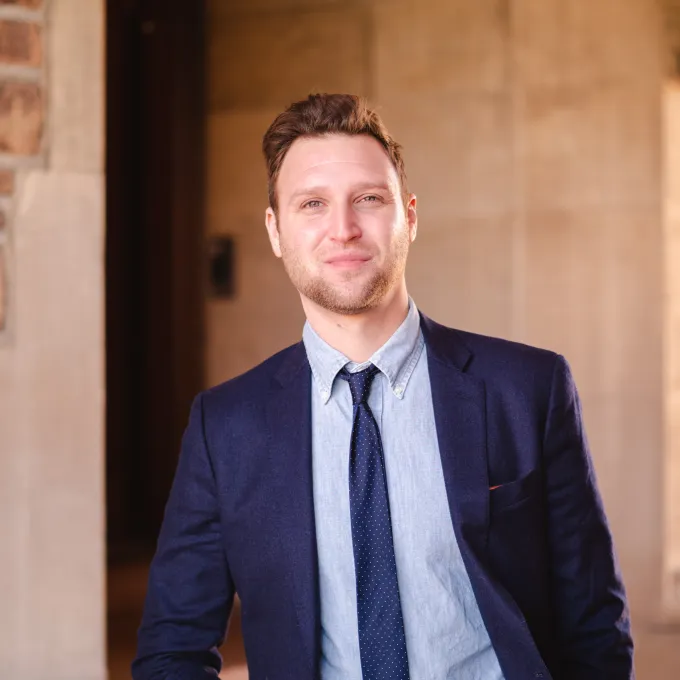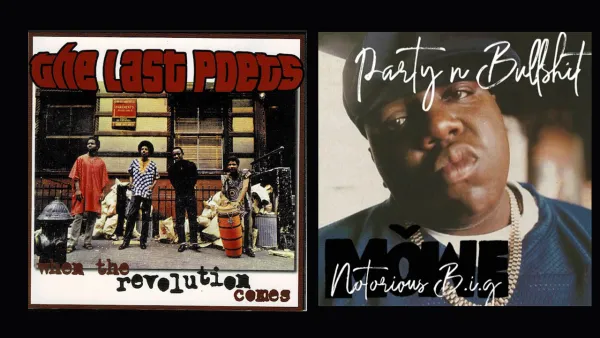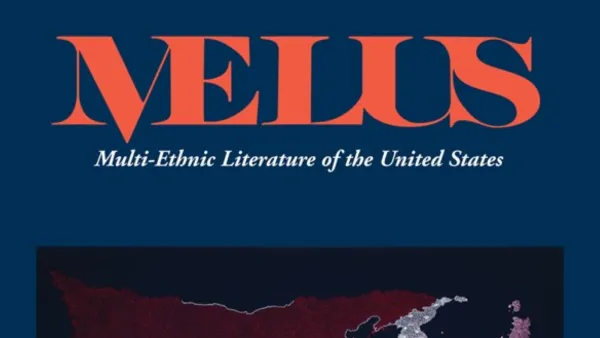https://afas.wustl.edu/xml/faculty_staff/12808/rss.xml
View All People
Zachary Manditch-Prottas's research and teaching work at the nexus of African American literature, Black cultural studies, and theories of gender and sexuality.
Zachary Manditch-Prottas is a full-time lecturer jointly appointed in the Department of African and African American Studies and American Culture Studies at Washington University in St. Louis. He earned his doctorate in African American Studies from the University of California, Berkeley. His research and teaching work at the nexus of African American literature, Black cultural studies, and theories of gender and sexuality.
His work has been featured in current and forthcoming publications in African Americanist criticism including African American Review, Callaloo, The Black Scholar, MELUS, James Baldwin in Context, The Journal of Popular Culture, The Oxford Handbook of American Street Literature, and Words Beats and Life: The Global Journal of Hip-Hop Culture.
Below please find links to some of his most recent published works:
selected courses
James Baldwin: Life, Letters & Legacy
In his 1972 essay No Name in the Street James Baldwin recounts that he could never in good conscience just write, because he had never been just a writer. Indeed, Baldwin saw himself as a “public witness to the situation of black people,” compelled to speak truth to power in whatever form he deemed necessary. Baldwin as: black, gay, man, American, author, activist, and so much more, has served as an essential figure in theorizing alterities of the presumed rigidity of these very concepts. In this respect, this course will center Baldwin the thinker as much as Baldwin the author. We will examine his classic novels and essays as well as his work across many less-examined domains - theatre, sermon, dialogue, film, short story. Moreover, while committing ourselves to close reading methods, we will situate Baldwin’s works within socio-historical context and consider how he shaped, and was shaped by, events beginning with the Civil Rights Era through our precarious contemporary moment in which he remains, often tragically, a timely voice.
Native Sons and Daughters: Gender, Sexuality and African American Cultural Production
This course will focus on the relationship of race, gender and sexuality in the context of the cultural and political transformations of the two postwar periods, the Civil Rights and Black Power Movements, the Sexual Revolution, the “war on drugs” and the Obama era.The primary focus will be to consider how gender and sexuality inform cultural imaginings and representations of African American experience since WWII.Emphasizing close reading of canonical literature paired with critical representations of blackness in film and visual art wewill examine how African American artists employed aesthetic expression for cultural critique of American racism and how fiction served as an arena for advancing a critique of racist injustice and for raising fundamental questions about the concept of race itself. Course content will be guided by the following questions: Why are gender and sexuality important to consider when reading African American cultural texts? How do discourses of gender and sexuality affect the meaning of blackness? How does gender impact racial representation and its political meanings? Finally, what are the cultural impacts of these gendered sexualized and politicized racial representations?
Masculinity and 20th Century African American Literature
This seminar considers how literature, from the Great Migration through our contemporary moment, represents and complicates entrenched myths of blackness as repository of both masculine virility and patriarchal incapacity. Through close readings of canonical African American Literature by the likes of Richard Wright, James Baldwin, Amiri Baraka and John Edgar Wideman this course will critically (re)define keywords “blackness,” and “masculinity,” and consider the terms and implications of their interrelatedness. Working from the foundational claim that masculinity is neveran established fact, but rather socially constructed upon a fickle node of ceaseless anxiety and brash assertion, literature will serve as a critical site to pursue the following inquires: How does blackness impact broader meanings of American masculinity? Further, how does blackness boththreaten and fortify masculinity? Finally, how does centering the relationship between blackness and masculinity assist in thinking through themes of gender, race and sexuality more broadly?




